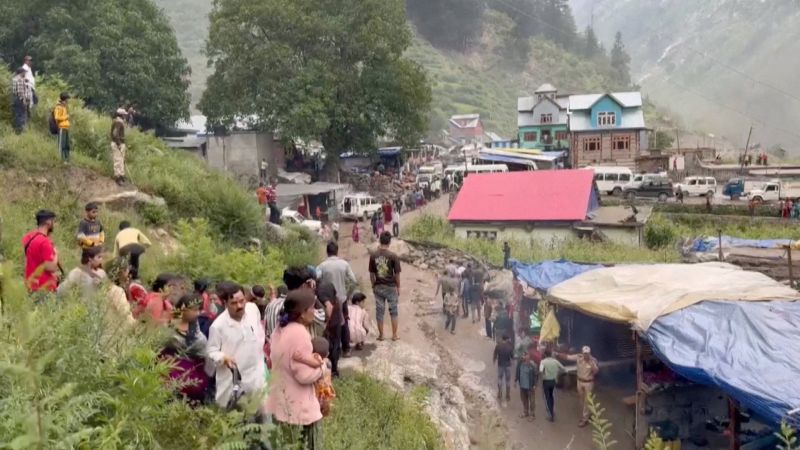Bolsonaro's Fate Decided: Verdict and Sentencing Looms in Early September

Brasília, Brazil - The nation holds its breath as the verdict and sentencing for former Brazilian President Jair Bolsonaro are scheduled for early September. This pivotal moment follows a lengthy legal battle stemming from allegations of attempting to subvert the results of the 2022 presidential election.
The Supreme Electoral Court (TSE) initiated the investigation after Bolsonaro repeatedly questioned the integrity of Brazil’s electronic voting system, making unsubstantiated claims of fraud. These actions, deemed a direct threat to Brazil's democratic institutions, have led to a series of legal challenges and ultimately, this impending verdict.
A Complex Legal Landscape
The case has garnered significant international attention, highlighting concerns about the rise of populism and the erosion of democratic norms globally. Legal experts anticipate a complex sentencing process, with potential penalties ranging from disqualification from holding public office to imprisonment. The severity of the sentence will likely depend on the TSE’s assessment of Bolsonaro’s intent and the extent of his actions.
Minister Alexandre de Moraes, President of the TSE, has been a central figure in the proceedings, leading the investigation and overseeing the legal arguments. His role has been crucial in ensuring due process and upholding the rule of law throughout the process.
Political Ramifications and Public Reaction
The verdict's implications extend far beyond Bolsonaro himself. It could set a precedent for holding political leaders accountable for attempts to undermine democratic processes. Supporters of Bolsonaro have expressed outrage and skepticism regarding the legal proceedings, while critics laud the TSE’s actions as a necessary step to protect Brazil’s democracy. Protests and demonstrations are expected in the days leading up to and following the announcement.
The Brazilian government, currently led by President Luiz Inácio Lula da Silva, has maintained a stance of respecting the independence of the judiciary. However, the case remains a highly sensitive political issue, with the potential to further polarize the nation.
Looking Ahead
As the September date approaches, the focus intensifies on the TSE’s deliberations and the potential impact on Brazil’s political landscape. The verdict will undoubtedly shape the future of Brazilian politics and serve as a critical test of the country’s commitment to democratic values. The world watches closely as this significant chapter in Brazilian history unfolds, with implications for democracies worldwide.
Key Questions Remain:






